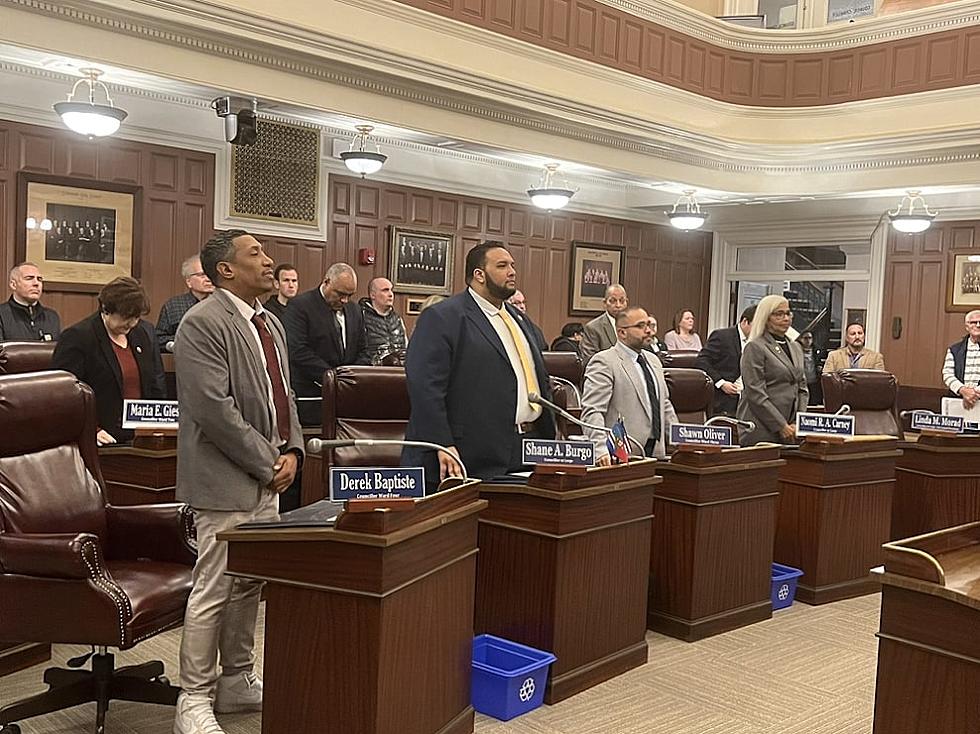
House Rejects Baker’s Healthcare Proposal
STATE HOUSE, BOSTON — Describing it as a three-legged stool, House Minority Leader Brad Jones said it appears “the game plan is written” as lawmakers were on the verge Wednesday of sending Gov. Charlie Baker $200 million in new employer health care fees and a reduction in a planned unemployment insurance (UI) rate hike, but not the MassHealth reforms that Baker says are critical.
House leaders at about 1:20 p.m. introduced health care sections of the fiscal 2018 budget that Baker had returned with an amendment. Jones said he’s been told that the MassHealth changes are not advancing because “they’re complicated, they’re challenging,” but said lawmakers should not shy away from serious debate on the state’s largest program, one that is consuming dollars that might otherwise flow to education, the environment or transportation.
After debate, the House rejected Baker’s proposal on a vote of 41-116 and then used a voice vote to adopt another amendment as they worked to get the fees and UI rate language back to Baker’s desk.
Seven Democrats joined with all but one Republican in supporting Baker’s amendment. Reps. Thomas Calter, James Dwyer, Colleen Garry, Angelo Scaccia, John Rogers, John Velis and Jonathan Zlotnik – all Democrats – joined with 34 House Republicans in backing the MassHealth reforms, while Republican Rep. Susannah Whipps opposed the amedment.
The Senate is in session awaiting the House plan.
Lawmakers held a nearly six-hour public hearing on Baker’s proposal on Tuesday but it appears Democrats at the highest levels of the House and Senate were already in agreement on plans to turn down Baker’s MassHealth changes.
Jones said lawmakers are mistakenly poised to take a “revenues first” approach by embracing new charges on employers and pushing off debate on MassHealth reforms until some point in the future.
House Ways and Means Chairman Rep. Jeff Sanchez said the Legislature’s budget was balanced when it was sent to Gov. Charlie Baker and reduced spending below levels initially recommended by the House and Senate.
It was “abundantly clear” from testimony Tuesday that there is uncertainty about the impacts of the governor’s plan on low-income individuals, Sanchez said, calling Massachusetts “a leader in controlling costs” and saying his committee is actively looking at health care policies.
“This is not the end of our health care debate,” said Sanchez, noting the Legislature lowered the employer fees from levels initially recommended by Baker.
Sanchez said it was “vital” to enact the employer contributions and unemployment insurance measures so that they can be implemented soon, and to prevent putting this year’s budget $200 million out of balance.
Longing for the state’s 2006 health care law also known as RomneyCare, Jones said the state’s decision to comply with the Affordable Care Act was a “regrettable decision” that led to an expensive “failure and fiasco” at the Connector Authority.
Rep. Peter Kocot said Baker offered his health care plan to budget negotiators on June 20, after they had settled most of their budget differences and said lawmakers should treat it carefully since it affects so many people.
“The most important thing that we have to do is get this right,” said Kocot, the new co-chairman of the Health Care Financing Committee. He said lawmakers scheduled a hearing on Baker’s plan in just four days and want to work with Baker.
Rep. James Lyons said it’s the tendency of the Democrat-controlled Legislature to go after new revenues and delay any consideration of reforms. “We all know we have a problem here,” he said, predicting the people Democrats are trying to help are at risk of being “pushed out” without the adoption of reforms.
--Michael P. Norton, State House News Service
More From WBSM-AM/AM 1420








![Saying My Prayers for Gov. Baker [PHIL-OSOPHY]](http://townsquare.media/site/518/files/2020/11/GettyImages-1150381168.jpg?w=980&q=75)
